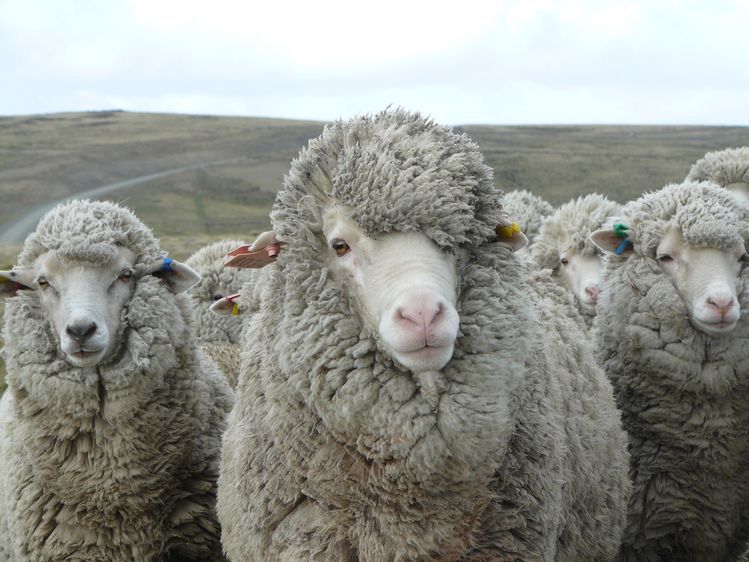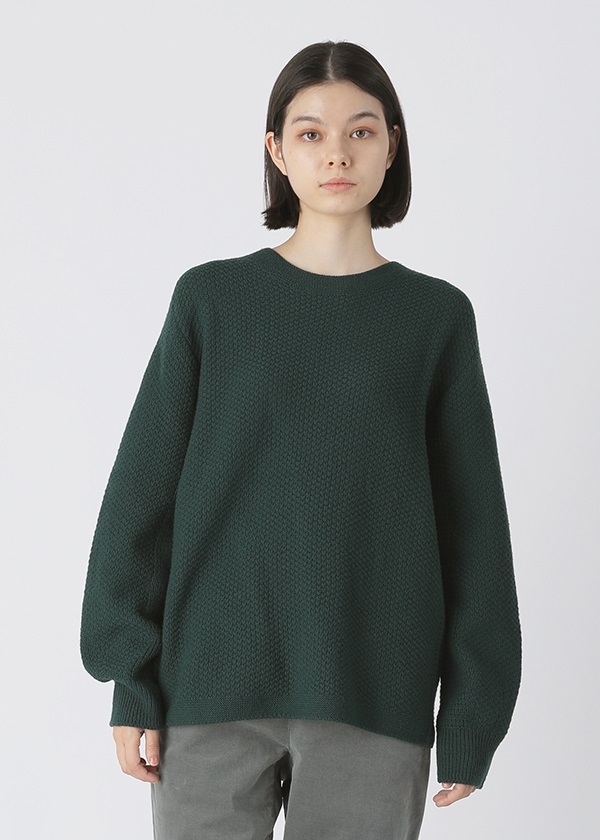Sustainable Christmas, the news says!
Festive season greenwashing is on
While people hunt for cheap gifts, TV is awash with stories about sustainable Christmas. And the narrative is getting awkward.
You must have heard the news describing millions of led lights that decorate towns or giant Christmas trees. Recyclable but enormous. Of course, in the spirit of a sustainable Christmas.
Millions. Giant. Any doubts? Are you ok with this version of the story?
Sustainable Christmas?
“Millions” and “sustainable” in the same sentence don’t make sense. But also, giant and sustainable sounds weird. However, in the middle of an energy crisis, with people invited to save electricity consumption, we expected something different than lights everywhere!
Even the idea: “Look, we change decorations every year, but we are sustainable!” is meaningless.
Greenwashing news is the practice of reporting nonsense to manipulate people. In the end, they talk about trillions of eco-friendly decorations to promote overconsumption and disposable gifts.
Overconsumption and cheap gifts
As the Christmas season approaches, disposable product supply grows enormously. Indeed, people want more, and retailers satisfy the request, triggering a vicious cycle that leaves no hope. During the festive season, all the resolutions about mindful consumption disappear.
Christmas is about finding cheap gifts, little presents that will end up soon in the trash bin. Unfortunately, our waste will not disappear.
Low-impact Christmas
This Christmas, purchase your gifts with a purpose: buy only items that will not end up in the landfill. Check materials: are they made to last? Don’t go for fast fashion or disposable items, but choose quality. For instance, a book is always a great gift.
Also, limit the packaging. Since metallic paper isn’t recyclable, use magazines, brown paper or newspapers to make your creative wrappings. And reuse your Christmas decorations, no one will be offended! Most importantly, don’t waste food.
Sustainable Christmas does not exist unless we are ready to change our habits completely. Choose meaningful gifts and inspire the others around you to see things differently.
Change the narrative and your actions to make Christmas sustainable for real!
Sustainable Christmas, the news says! Read More »


